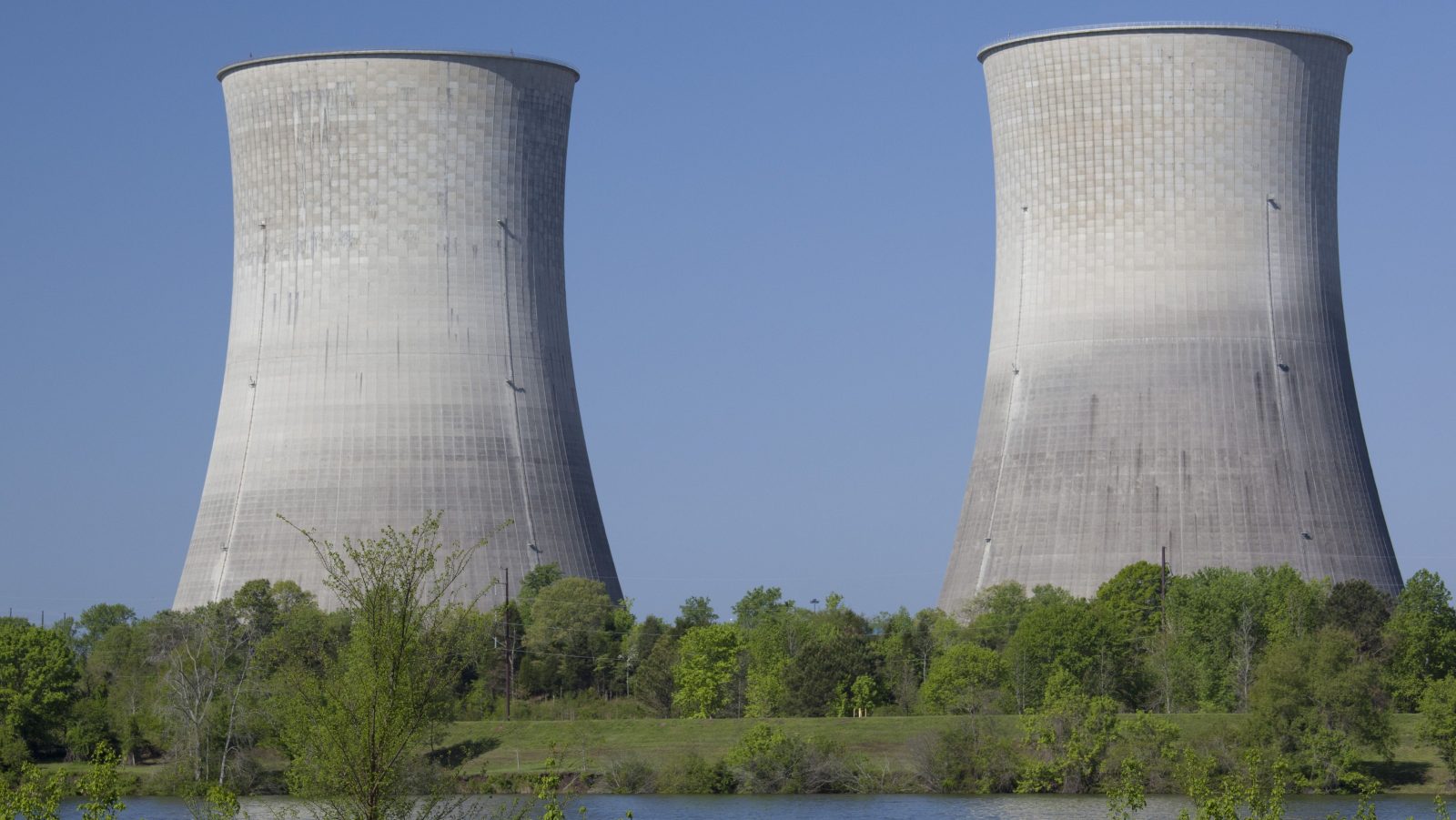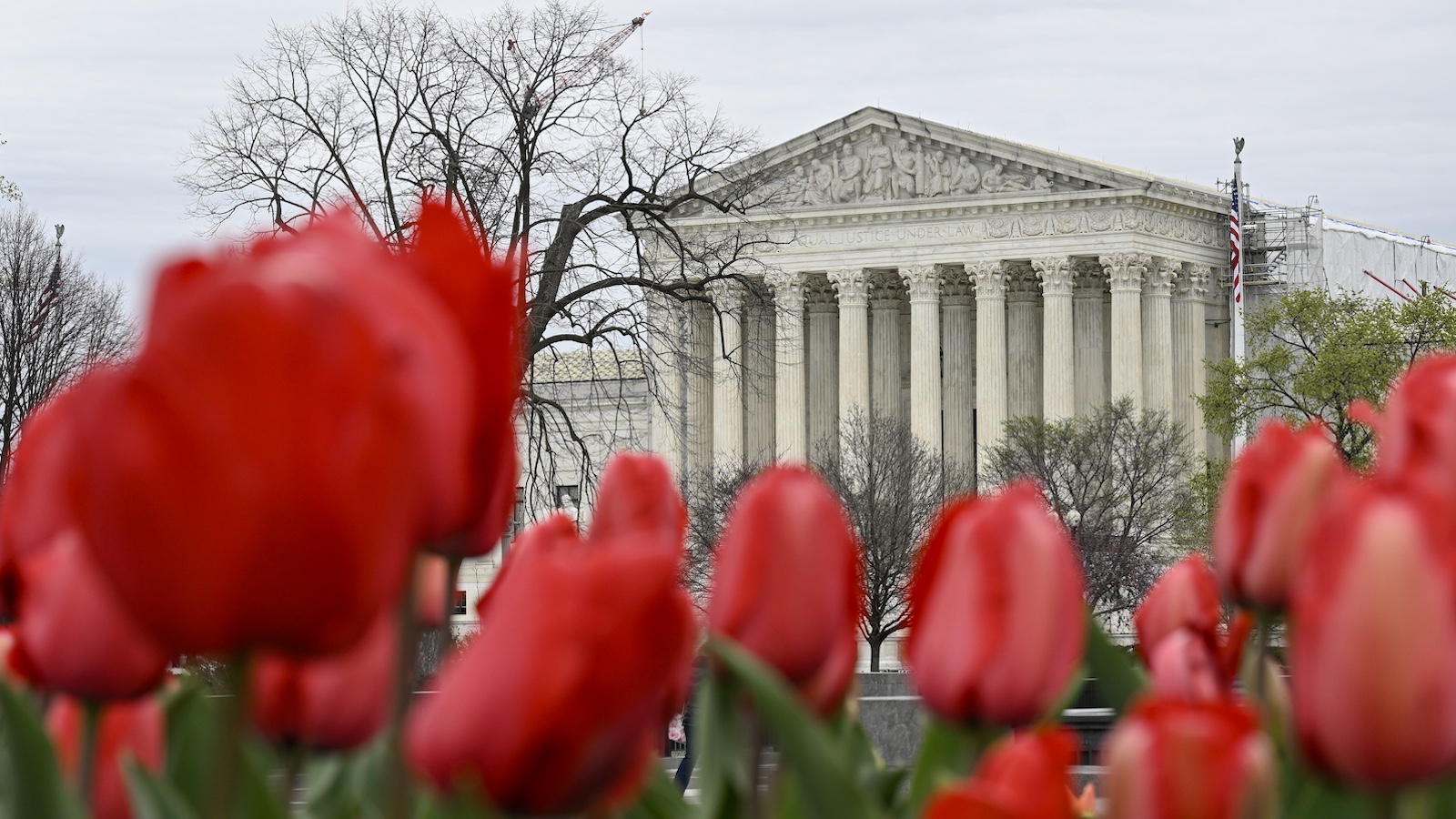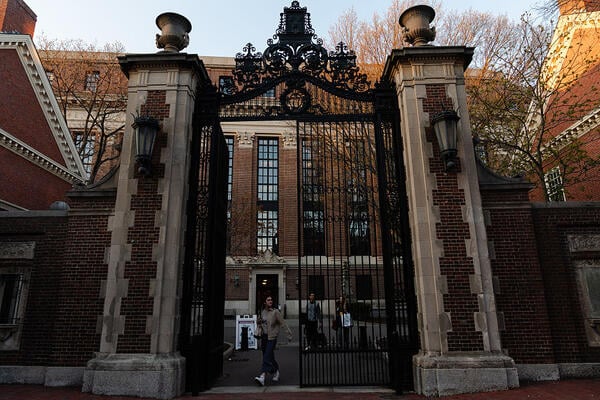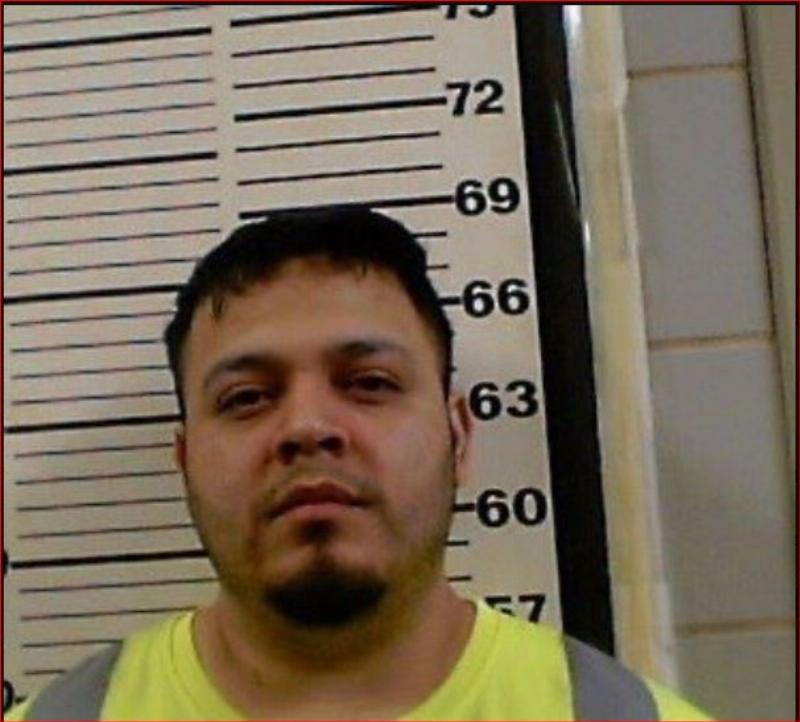Former South Korean President Moon Jae-in Indicted on Bribery Charges

In a significant development in South Korean politics, former President Moon Jae-in has been formally indicted on bribery charges, according to a statement released by the Jeonju District Prosecutors Office. This indictment marks a controversial chapter in the political landscape of South Korea, widely regarded for its turbulent history of former leaders facing legal troubles.
Moon, who served as South Korea's president from 2017 until 2022 under the banner of the centre-left Democratic Party, is alleged to have engaged in corrupt activities during his time in office. The prosecution claims that he appointed former lawmaker Lee Sang-jik to a government-funded nonprofit agency, the SMEs and Startups Agency, as part of a quid pro quo arrangement. The indictment states that this appointment was in exchange for the employment of Lees then son-in-law, surnamed Seo, at a Thailand-based airline known as Thai Eastar Jet, which was under Lee's control.
According to prosecutors, Seo received a total of 223 million won (approximately $151,959) in salary and other benefits, which they argue constitutes a substantial bribe paid to Moon in return for the political favor. The legal framework surrounding these allegations has opened up a heated debate regarding the integrity of political practices in South Korea, especially given the previous legal struggles faced by other former presidents.
The Democratic Party, to which Moon belongs, has vehemently condemned the indictment, asserting that it is driven by political motivations and represents an abuse of prosecutorial power. Park Kyung-mee, a spokeswoman for the party, expressed skepticism about the validity of the allegations, questioning, So the salary paid to the son-in-law was a bribe to the president? Is this the best logic they could come up with after dragging the case out for four long years? This sentiment reflects a broader concern among party members about the politicization of judicial processes in South Korea.
Moons indictment adds his name to an alarming list of former South Korean presidents who have encountered legal issues post-office. Most notably, his immediate predecessor, Yoon Suk-yeol, who was impeached, is currently on trial over charges related to his declaration of martial law last year. Additionally, four other former leaders, including Park Geun-hye and Lee Myung-bak, have already faced prison sentences for various corruption charges. The political atmosphere in South Korea has been deeply affected by these incidents, raising questions about accountability and governance.
The legacy of Moon Jae-in is complex; a former human rights lawyer, he championed policies aimed at expanding social welfare and promoted a policy of rapprochement with North Korea during his presidency. His administration was marked by significant efforts to improve inter-Korean relations, a stark contrast to the many scandals that have marred the political landscape.
Looking forward, South Korea is preparing for a presidential election scheduled for June 3, which aims to replace Yoon. The implications of Moon's indictment may have far-reaching effects on the upcoming election, potentially reshaping the dynamics of candidates and political alliances.


















